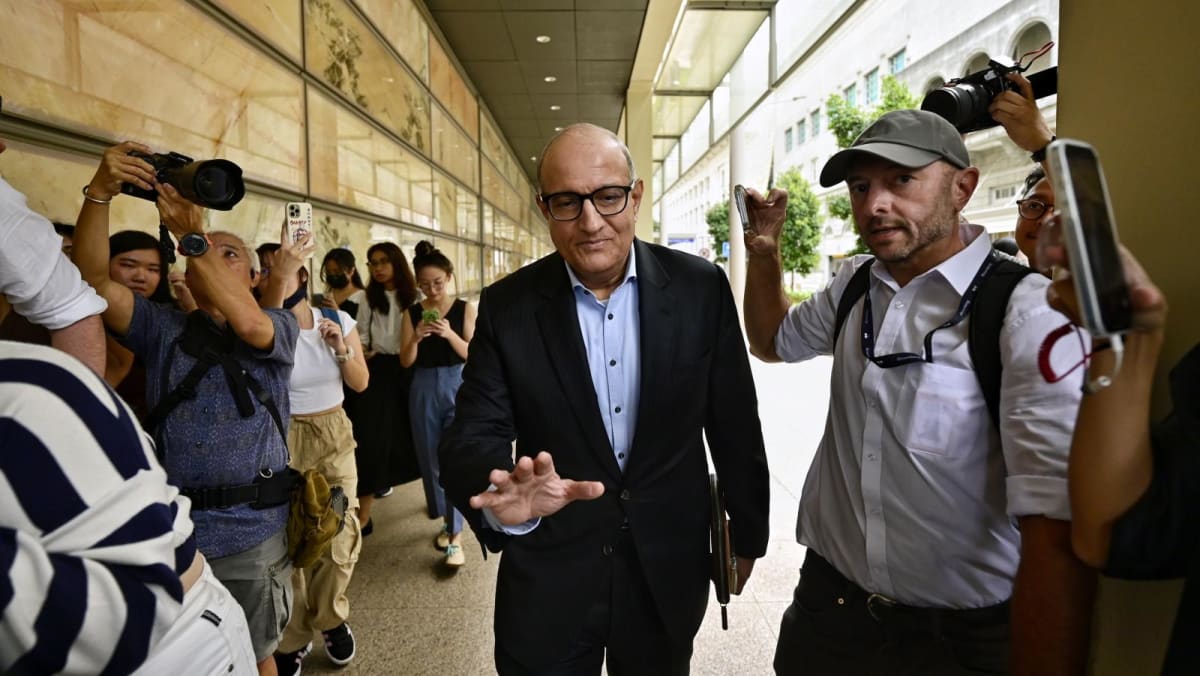HOW WE DO THINGS IN SINGAPORE
This case had raised concerns that it would be difficult for the private sector to work with the public sector. However, the reach and impact of this case should not be overstated.
Arm’s length dealing is and must be the established norm in the public sector. This need not lead to both sides being unable to work well together. Valuable gifts have no place where public sector decision-making is concerned. That has always been clear.
The way Singapore approaches public sector integrity, such as the giving or receipt of gifts, may strike some as unduly austere with little or no room for customary practices and business norms elsewhere.
The reality is that a gift may not be a gift but a prelude to more serious offences such as corruption.
Our way works well for us and, more importantly, enjoys public legitimacy. Ultimately, public trust and confidence in our public institutions is non-negotiable and must not be taken for granted.
If gifts are needed to “lubricate” official dealings, we would be on our way down where incorruptibility is concerned. And where gifts are unavoidable, there are longstanding and clear rules on what then needs to be done, including making the necessary declaration and/or recusal from decision-making.
The essence of Section 165 is to avoid putting oneself, as a public servant, in a position of a conflict of interest, whether real, apparent, or potential, in official dealings. This is a very important rule to have if we are to maintain public trust and confidence in our public institutions. The stiff penalty, unexpected to some, handed down to Iswaran underscores this.
Eugene K B Tan is associate professor of law at the Singapore Management University and a former Nominated Member of Parliament.
